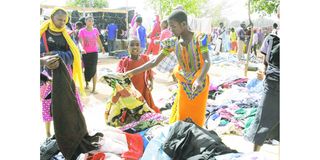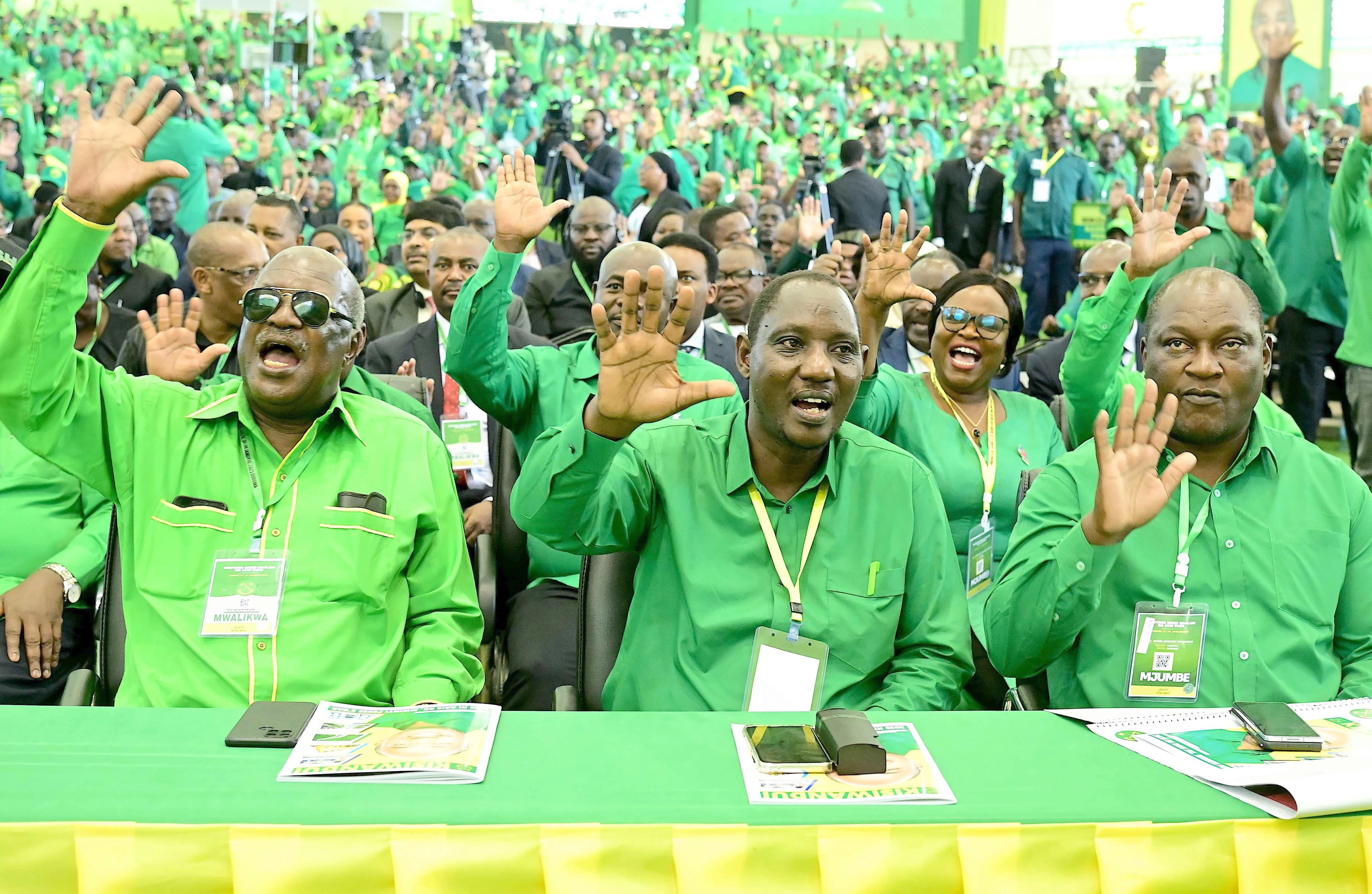Who cursed Africa?

Witchcraft is real in Africa. Don’t worry, even in other parts of the world; they have white witchcraft where a broom (ufagio), which is equivalent of sieve basket (ungo) in Swahili witchcraft, is used.
I think witchcraft is born of poverty and petty jealousies and men and women wanting to take shortcuts in solving problems or causing problems to others or to acquire some supernatural powers. It’s complicated but a sad reality (or is it an illusion) that eats up so much time and money for some Africans.
Sometimes I wonder who cursed our mother Africa, such that non-developmental issues like witchcraft and related matters become so essential and occupy considerable space in the collective national psyche. In the Swahili world we hear at times people say ‘tumerogwa na aliyeturoga keshakufa’ meaning ‘we have been bewitched, and the wizard had died’.
How do you undo such witchcraft? As a scientist, you may wonder why I am talking of witchcraft. Whether one believes in it or not, to some Africans it’s a big deal. Yes, even in this age of science and technology. Here I talk about witchcraft in a pun. Very intentionally!
Take for example, our development paradigm. Corruption across our mother Africa is a nightmare that has made millions of people poor at the expense of a few who are getting creamy and rich.
Decades on after political independence, look at the cars, motorcycles, and even bicycles on our roads. Mostly they are not manufactured in Africa, and in a few cases, they are only assembled but not manufactured here. One may justify that Africans are poor while manufacturing industry for such products needs very large capital. But have you ever noted that even the tooth picks we use are imported from abroad?
Let me not be so negative. In agriculture, many African nations have made some strides by developing home-made improved crop varieties out of the traditional crops. But pesticides and other chemicals needed are overwhelmingly imported. Locally made mechanization tools? Too few and the inventors we have to get no support at home.
Yes. Even children’s toys that we have are overwhelmingly imported. Look at the multimillion-dollar industry of second-hand clothes? In some cases, Africa even imports second-hand underwear! It’s more than crazy!
Currently, in the world of medicine, the most prominent global battle is the fight against Covid-19. Countries like India, America, European nations have been working day and night to give the world vaccines, and some countries across the world including African countries have so far received the vaccine. I stand to be corrected, but there is no African nation that has come out with any scientific-based vaccination. All the vaccines for renowned diseases that we give children and adults are all imported. And if made in Africa, it’s under licence of a multinational pharmaceutical with origins in America or Europe. According to WHO, Africa represents 14 percent of the world’s population, but unfortunately, it has only 0.1 percent of the world’s vaccine production! You can guess even the tiny percentage is in South Africa.
The big question is, why can’t we manufacture products that will solve Africa’s problems? Is our policy environment that does not encourage innovation and favours multinational firms to have a more significant hand in producing and selling consumer goods?
Dear mother Africa, for how long are we going to be a mere market and producer of raw materials for the world? Can we have an Africa product exported to the whole world! Can’t we develop a malaria vaccine made in Africa?
If you find the person who bewitched Africa, tell him/her that what s/he did was a terrible thing, and we are so tired of it. We want to be an economic freedom powerhouse and nothing to do with witchcraft!
________________________________________________________________
Ms Jumanne lectures at Dar es Salaam University College of Education (DUCE)





